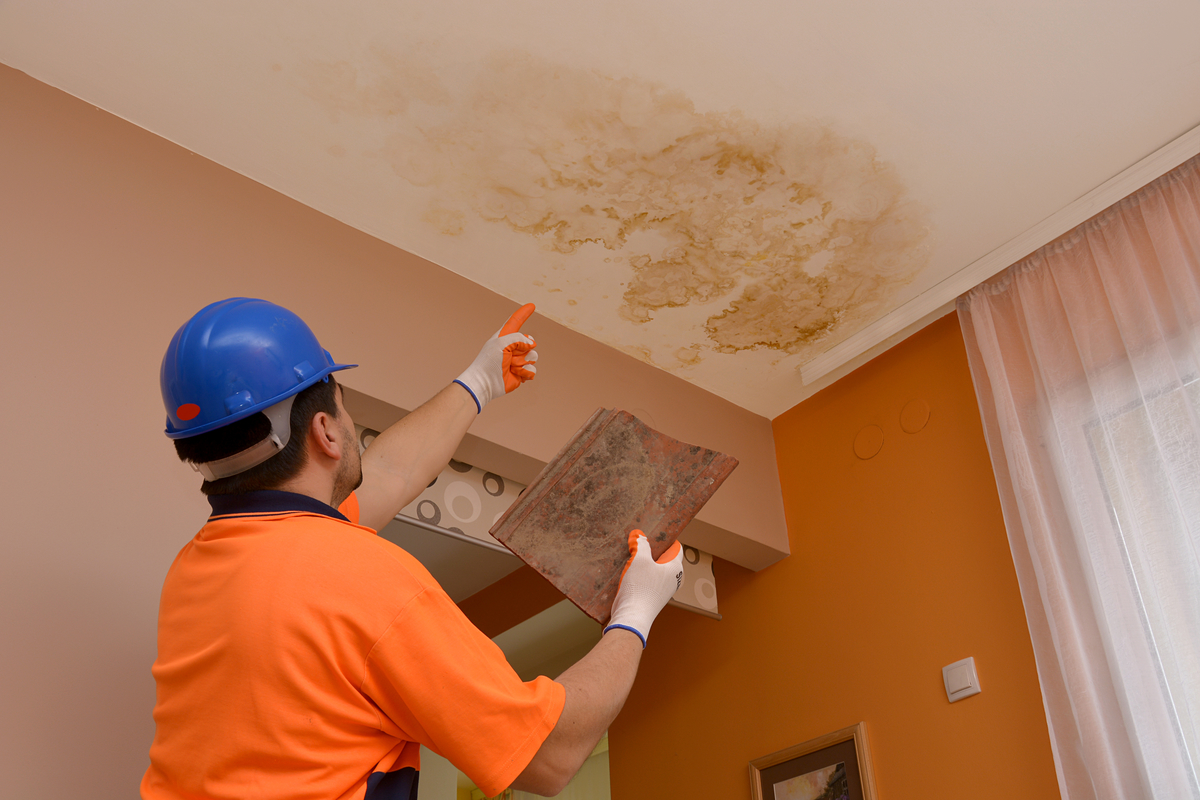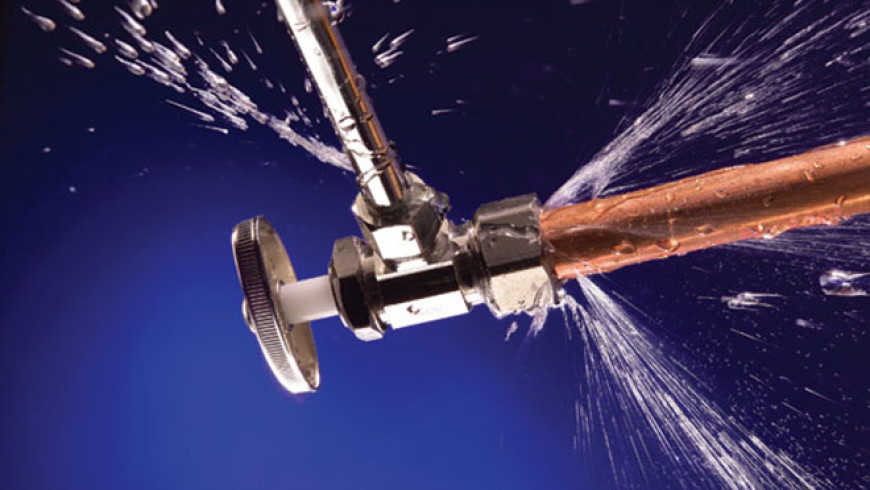What're your thoughts about Common Water Leaks In House?

Leaks not only trigger waste of water however can also cause unnecessary damage to your residence and promote unwanted natural growth. Regrettably, water leaks could go unnoticed given that most of the pipework in our house is concealed. By recognizing and also looking for daily circumstances that trigger leaks, you can protect your house from future leakages and unnecessary damage. Today, we will check out six leakage triggers that might be causing your pipelines to trickle.
Instant temperature level changes.
Extreme temperature level modifications in our pipelines can trigger them to expand and also contract all of a sudden. This development as well as tightening may cause fractures in the pipelines, specifically if the temperature level are listed below cold.
Corroded water supply
As time passes by, your plumbing system ages and deterioration such as corrosion might begin eating away the pipelines. This could be the reason for staining or warping on your water pipes. This requires an evaluation with your plumber promptly. If our plumbing system is old, think about replacing the pipes since they are at a higher danger of deterioration than the more recent models.
Malfunctioning Pipe Joints
The point at which your pipes connect is often the weakest link in the waterline. Pipeline joints can weaken gradually, causing water leaks. The majority of pipeline joints are not easily noticeable. If you have noisy pipes that make ticking or banging noises, particularly when the warm water is switched on, your pipe joints are most likely under a lot of pressure. It is a good idea to have your plumber check your system yearly.
Encroaching roots
Many water leakages begin outside the house rather than inside it. If you discover a sudden reduction in water pressure, state in your tap, take some time to go out and analyze your backyard. You could observe wet patches or sinkholes in your lawn, which could suggest that tree origins are attacking water lines creating water to leak out. You can have your plumber look for breach, especially if you have trees or bushes near your building.
Poor Water Connectors
At times, a leakage can be caused by loosened hose pipes and pipelines that supply your devices. In situation of a water connections leakage, you may see water running directly from the supply line or pools around your home appliances.
Obstructed Drains
Clogged drains could be frustrating and inconveniencing, yet they can in some cases wind up causing an overflow causing rupture pipes. Maintain removing any materials that may decrease your drains pipes that might obstruct them to avoid such aggravations.
All the above are sources of leaks however not all water leakages arise from plumbing leaks; some leaks may originate from roofing system leakages. All leakages ought to be fixed instantly to stay clear of water damage.
Leakages not just create waste of water yet can additionally create unneeded damage to your residence as well as promote unwanted organic development. By recognizing as well as looking for everyday circumstances that create leakages, you can shield your house from future leaks and also unneeded damages. Today, we will look at 6 leakage creates that might be triggering your pipelines to trickle.
At times, a leakage can be created by loosened hoses and also pipes that supply your devices. In case of a water links leakage, you might observe water running directly from the supply line or puddles around your devices.
How To Check For Water Leak In Your Home
How To Check for Leaks
The average household's leaks can account for nearly 10,000 gallons of water wasted every year and ten percent of homes have leaks that waste 90 gallons or more per day. Common types of leaks found in the home are worn toilet flappers, dripping faucets, and other leaking valves. These types of leaks are often easy to fix, requiring only a few tools and hardware that can pay for themselves in water savings. Fixing easily corrected household water leaks can save homeowners about 10 percent on their water bills.
To check for leaks in your home, you first need to determine whether you're wasting water and then identify the source of the leak. Here are some tips for finding leaks:
Take a look at your water usage during a colder month, such as January or February. If a family of four exceeds 12,000 gallons per month, there are serious leaks.
Check your water meter before and after a two-hour period when no water is being used. If the meter changes at all, you probably have a leak.
Identify toilet leaks by placing a drop of food coloring in the toilet tank. If any color shows up in the bowl after 10 minutes, you have a leak. (Be sure to flush immediately after the experiment to avoid staining the tank.)
Examine faucet gaskets and pipe fittings for any water on the outside of the pipe to check for surface leaks.
Undetected water leaks can happen without the home or business owner even realizing. If you suspect a water leak, but not able to find the source. It is time to contact a professional water leak detection service, The Leak Doctor.
How To Find a Water Leak In Your Home
https://www.leakdoctor.com/blog/How-To-Check-For-Water-Leak-In-Your-Home_AE197.html

Do you like reading about How to Find Water Leaks? Post a remark directly below. We would be interested to see your insights about this content. Hoping that you come back again in the future. So long as you enjoyed reading our post kindly be sure to share it. Thank you so much for taking the time to read it.
Book 24/7